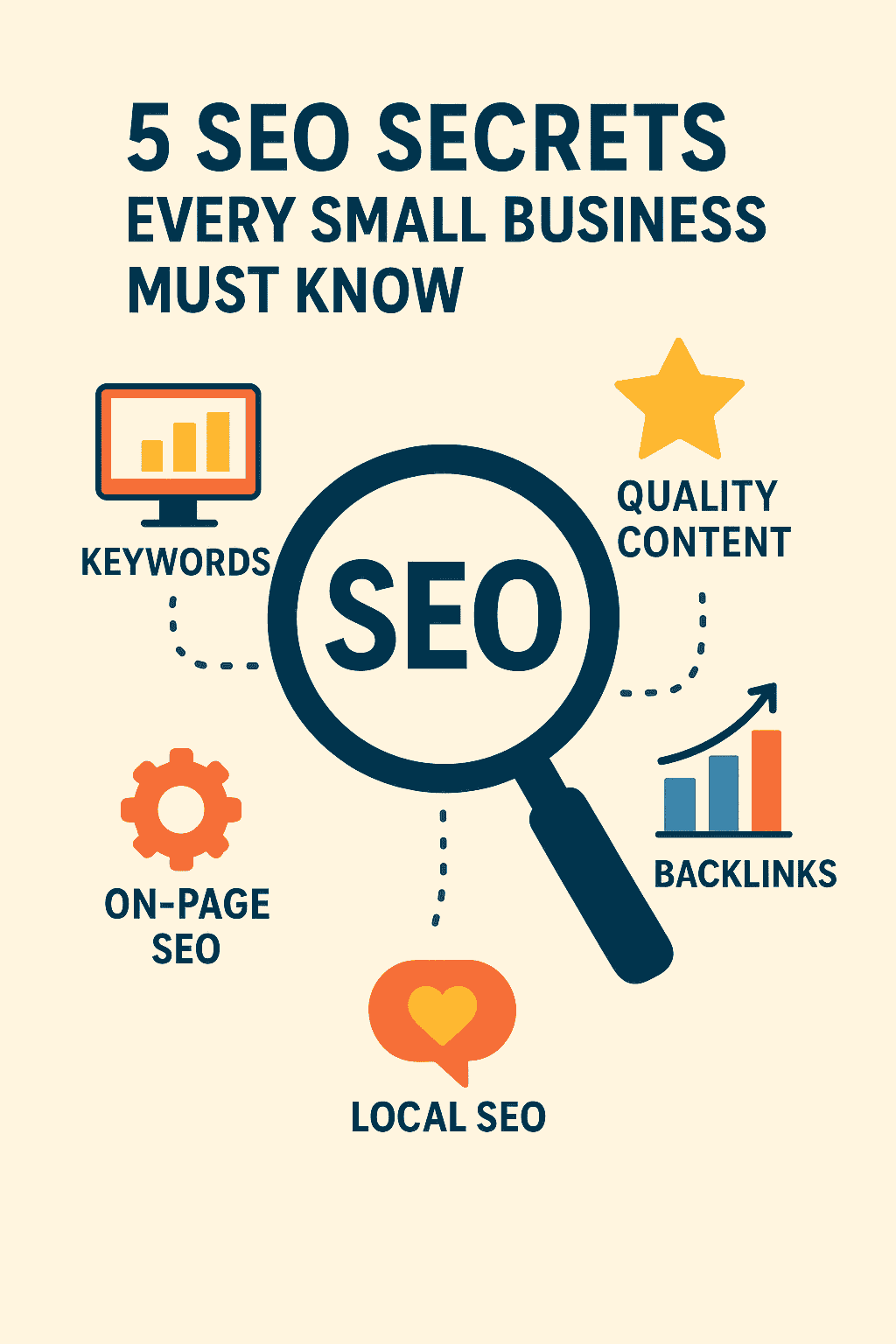
Search Engine Optimization (SEO) is among the most misrepresented medium of marketing out there. Depending on the results you want from your website, there are a variety of approaches you can employ. In today’s corporate world, a website is very paramount in boosting the organization’s online presence.
It is true that different business entities will have websites for their own individual reasons. There are organizations that have websites only meant for reputational purposes or provision of information. However, you’ll find these websites paying very little attention to the online aspect of marketing. On the other hand, you’ll find organizations that are determined towards driving the maximum amount of traffic they can to their site. There is no such thing as too many likes or hits.
There are clear differences between the users each website wants to attract, and it is this difference that will eventually result in different SEO strategies. These strategies are not achieved overnight; they must undergo periods of careful planning as well as patience in order to succeed. All in all, your site must appeal to the end user as well as be of help to them.
There is an array of tricks that, when correctly used, can be of extreme help when it comes to search engine optimization. Another thing that will help boost your rank is an older domain name. This is because Google is more likely to trust and highly rank a domain name it has been seeing for a while than a new domain in its inventory. It means an older site has more authority or trust than a new domain name. This is what you get for being an experienced website: enhanced reputation.
To ensure small businesses succeed, here are five key tips to consider.
just because a certain keyword registers more than 15,000 searches a month doesn’t make it the right one for your business. Ensure you have complete knowledge of your audience and the words they use to find your products or services. Equipping yourself with such details will save your business lots of time of SEO work.
SEO is long term by default. It takes time to see the right results and if you want to make the most, you better be ready for it. Good and high quality content that naturally attracts backlinks is what you should think of. You can build an online tool that your community can find useful or even sponsor an event that is relevant to your organization. The goal here is to get people want to link to your site.
Always double-check to ensure no page has a dead link, the code is clean and free of errors and your server (host) is reliable. Google must be able to read all of your website’s pages. Use Google Webmaster Tools to check for problems Google finds on your site and possible penalties.
In order to effectively rank on Google and other search engines, links are very important. If you have a new website, the best thing is to diversify the site’s links to many different but relevant websites as you can. Quality should be a priority rather than quantity. It sometimes only takes 3-5 high-quality links to rank on page one of search engine results, but for the less competitive keywords.
My business is dedicated to delivering high-quality, innovative building solutions, every project is completed
+8801911972773
thesazidhasan@gmail.com
Patkelghata,Satkhira, Bangladesh
Copyright © 2025 All Right Reserved sazidhasan.com